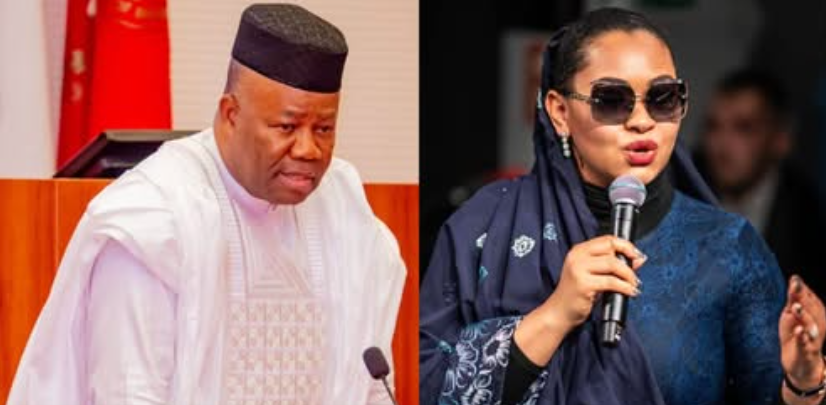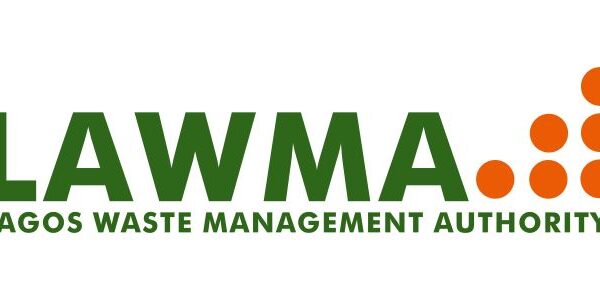
LAWMA Partners UNIDO and FBRA to Tackle Menace of Plastic Waste
The Lagos Waste Management Authority (LAWMA) has partnered with the United Nations Industrial Development Organization (UNIDO) and the Food and Beverage Recycling Alliance (FBRA) to promote sustainable plastic waste management in Lagos State through circular economy practices. The initiative, titled UNIDO Project 210184: Promoting Sustainable Plastic Value Chains through Circular Economy Practices, is funded by the Government of Japan and aims to strengthen Nigeria’s capacity for sustainable industrial development by addressing plastic pollution at the source. The project involves the establishment of four plastic waste collection facilities and thirty designated collection points across the Lekki and Lagos Mainland municipalities. LAWMA will provide the necessary land and infrastructure, while UNIDO and FBRA will co-finance the development and lead public awareness campaigns under the zero plastic waste initiative. LAWMA’s Managing Director/CEO, Dr. Muyiwa Gbadegesin, confirmed that two land parcels in both Lekki and Lagos Mainland have been secured for the project. Dr. Osuji Otu, the National Programme Officer at the UNIDO Sub-Regional Office in Abuja, emphasized the significance of the partnership in driving positive change for Nigeria. He highlighted the project’s role in laying the groundwork for a nationwide waste management strategy. Otu also called for greater involvement from other agencies to support environmental sustainability, particularly in plastic waste management, which is a global priority. The project, which was initiated in 2022, is aligned with LAWMA’s mission to enhance waste management and environmental sustainability in Lagos. The collaboration is led by a cooperation committee consisting of representatives from UNIDO, LAWMA, and FBRA. The committee is responsible for monitoring progress, selecting private sector recycling companies to operate the facilities, and addressing any challenges during implementation. The initiative will continue beyond its official timeline, which runs until September 2026, to ensure long-term sustainability and impact. This collaboration marks a significant step in addressing plastic pollution in Nigeria, promoting recycling, and supporting green job creation. The facilities will be managed by private sector operators selected through a transparent process, and FBRA will lead community awareness campaigns in both Lekki and Lagos Mainland. The success of this initiative is expected to set a benchmark for future waste management efforts in Nigeria.


